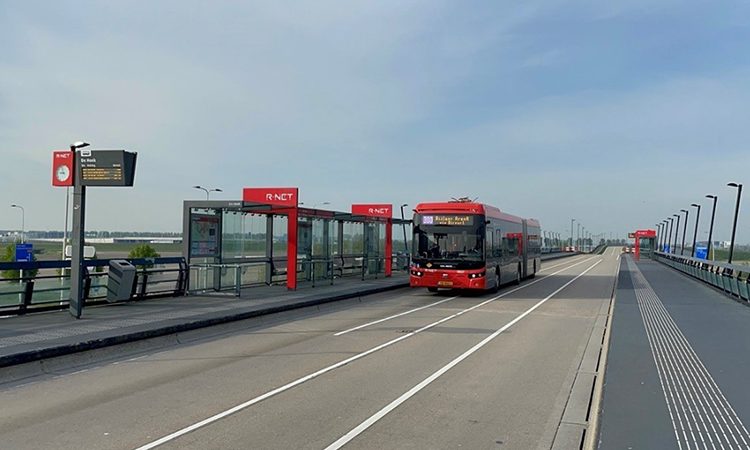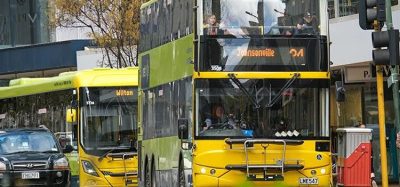New UITP project brings electric BRT solutions to urban transport
- Like
- Digg
- Del
- Tumblr
- VKontakte
- Buffer
- Love This
- Odnoklassniki
- Meneame
- Blogger
- Amazon
- Yahoo Mail
- Gmail
- AOL
- Newsvine
- HackerNews
- Evernote
- MySpace
- Mail.ru
- Viadeo
- Line
- Comments
- Yummly
- SMS
- Viber
- Telegram
- Subscribe
- Skype
- Facebook Messenger
- Kakao
- LiveJournal
- Yammer
- Edgar
- Fintel
- Mix
- Instapaper
- Copy Link
Posted: 9 February 2023 | Intelligent Transport | No comments yet
UITP’s new eBRT2030 project aims to reduce emissions, pollutants and congestion in urban transport through innovative electric bus rapid transit solutions, tested in real-life demonstrations across Europe and beyond.


Credit: UITP
The International Association of Public Transport (UITP) has announced the launch of eBRT2030, the new European Union (EU) project and major milestone in electric mobility that seeks to support sustainable urban transport by proposing innovative solutions for electric bus rapid transit (BRT).
With climate change and air pollution being of major concern in Europe and worldwide, public transport is at the core of efforts for achieving sustainable mobility and improving the environmental footprint of urban transport. Thus, UITP acknowledges that BRT is one of the biggest innovations the bus domain has seen, because of its positive, transformative effects on cities in terms of reduction of congestion and air pollution.
Bringing together 45 partners from across the EU and beyond, eBRT2030 aims to demonstrate the applicability of a new generation of e-BRT systems in different urban contexts with innovative solutions that are economically viable and enhanced with new automation and connectivity functionalities. Ultimately, the main objective is to drastically reduce emissions, pollutants and congestion, supporting the transition towards zero-emission sustainable transport across Europe.
UITP launches new project to unleash public transport’s potential
eBRT2030 will work closely together with end-users to understand how the developed e-BRT services can be improved to support the needs of citizens. Following this, the project will heavily focus on advancing passenger experience and enhancing mobility access of underserved areas, or regions with increased transportation needs.
eBRT2030 solutions will be tested in real-life demonstrations in Europe and beyond, bringing around the table public transport operators, bus manufacturers, technology providers and academia. An important focus of the project will be to translate and apply e-BRT solutions not only in Europe, but also to tackle challenges on pollution and emissions in developing countries.
“The coming years will present a key moment for the achievement of our climate commitments and the EU Green Deal’s objectives. A new generation of BRT systems advanced with automation and connectivity functionalities means a big leap towards achieving these goals,” said Umberto Guida, Head of Projects Strategy at UITP.
If you liked this, you may also be interested in:
▶ New UITP report offers guidance on industry’s transition to renewable energy
Related topics
Air Quality, Alternative Power, Mobility Services, Public Transport, Sustainable Urban Transport
Related modes
Bus & Coach
Related cities
Europe
Related organisations
European Union (EU), International Association for Public Transport (UITP), UITP
Related people
Umberto Guida







